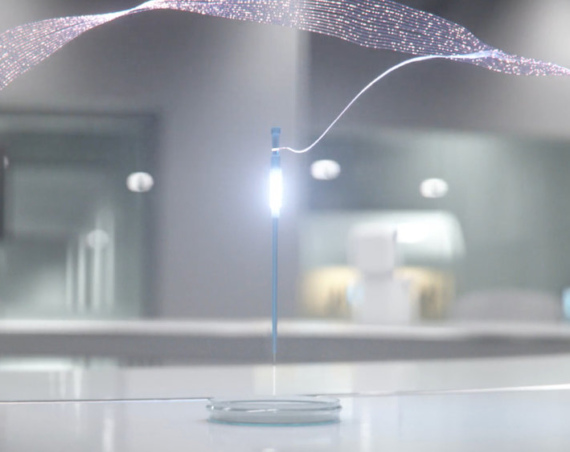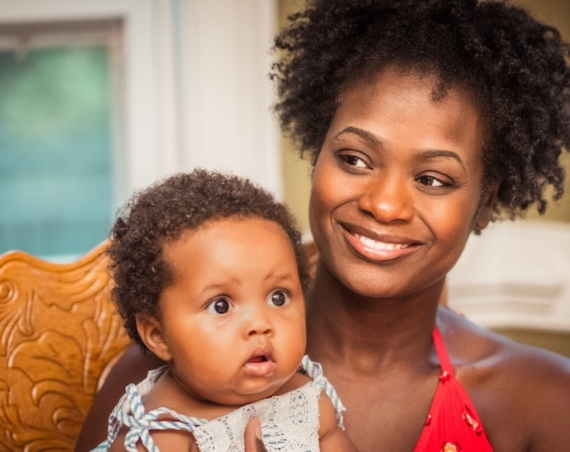
Paris-based femtech company Sonio has received FDA 510(k) Regulatory Class II clearance for its product, Sonio Detect. Sonio’s technology aims to revolutionize the landscape of prenatal ultrasounds by offering an easy to use, manufacturer agnostic tool. Compatible with ultrasound devices from major manufacturers such as GE, Samsung, and Canon, Sonio Detect enables obstetricians, maternal-fetal medicine specialists, and sonographers to improve the quality of screening for potential fetal anomalies, or offer more comprehensive reassurance to expectant mothers.
“Better screening will lead to better detection of potential anomalies or reassurance to provide better maternal care. Our goal is to transform prenatal care by providing a reliable tool that ensures better health outcomes for both mothers and babies,” remarked Sonio’s CEO and co-founder, Cecile Brosset.
The Sonio Detect system operates in real-time, automatically identifying views, anatomical structures, and quality criteria of the images taken during an ultrasound. This contributes to quicker and more efficient detection of essential fetal structures such as the heart and brain. As a result, healthcare professionals can offer more accurate and timely diagnoses, setting a new bar in prenatal care.
Coming off a recent $14 million funding round and now armed with FDA clearance, Sonio is geared to make its U.S. debut. The company aims to offer high-quality, accessible maternal care not just within the United States but globally. Remi Besson, co-founder of Sonio, stated, “We are deeply committed to advancing the field of prenatal health through innovation at Sonio. Obtaining FDA clearance for our products demonstrates our dedication to safety and efficacy in the US market. Our goal is to ensure everyone has access to top-quality prenatal care across the globe.”
Sonio Detect has been rigorously tested and shown to have a high accuracy rate across a variety of scenarios, including different manufacturers, patient demographics, and gestational age. It has been validated on over 17,000 ultrasound images, demonstrating a sensitivity of more than 92% in its ability to detect labels and types of ultrasound images.



